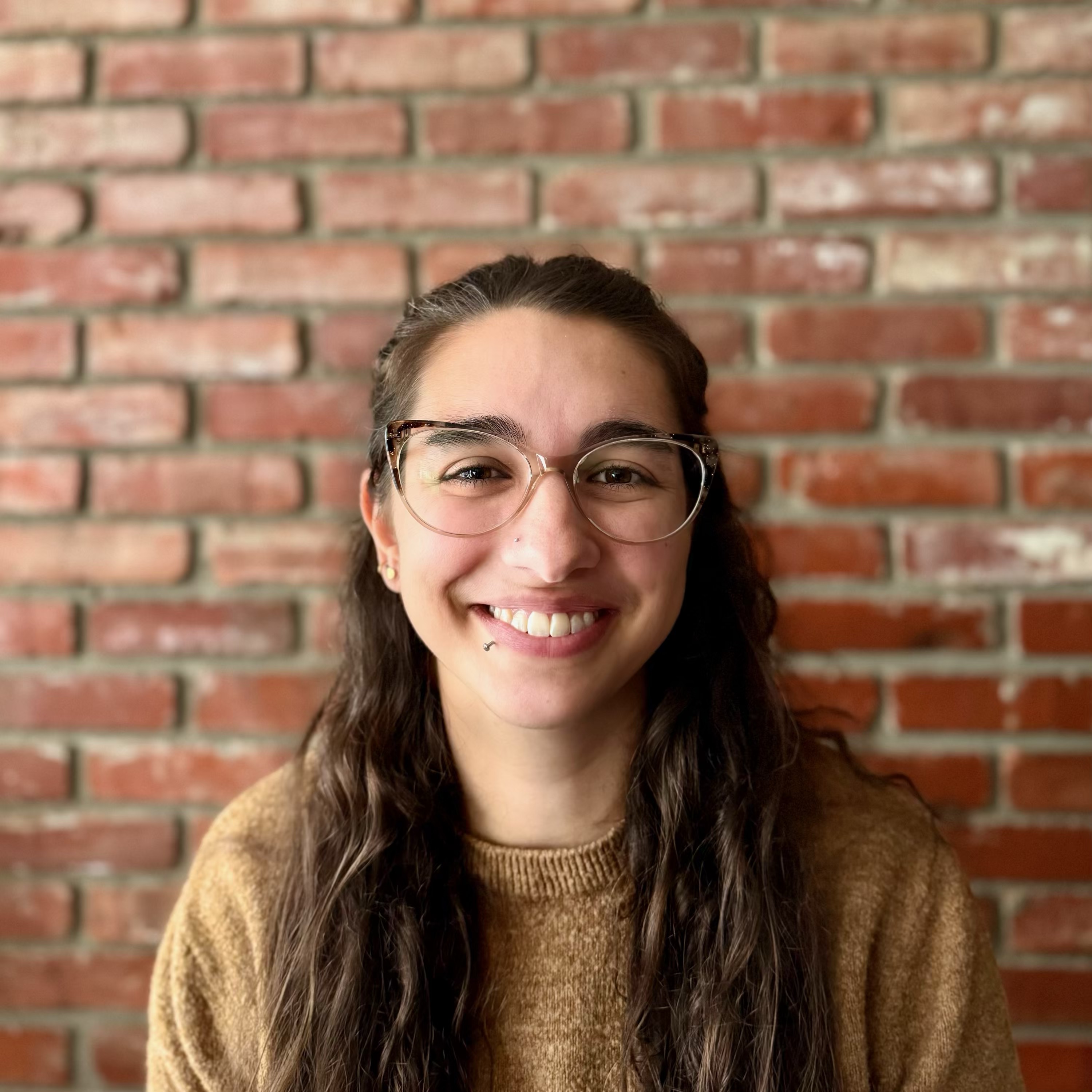approach
Understand yourself with greater depth and compassion.
An ADHD assessment is more than a set of forms and checkboxes. My approach is rooted in Internal Family Systems (IFS) and a queer and neurodiversity-affirming perspective, recognizing ADHD as part of the natural spectrum of human thinking, creativity, and problem-solving. We look beyond symptoms to explore your story - your upbringing, environment, coping strategies, and the meaning you’ve made of your experiences.

